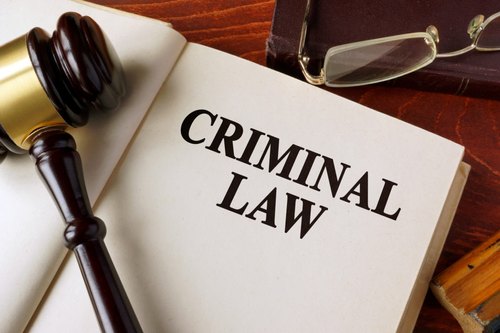Winning Strategies for Handling a Legal Divorce Battle Effectively
Going through a divorce can be one of the most emotionally and financially taxing experiences in a person’s life. When the process turns into a legal battle, it is vital to approach it strategically to safeguard your rights and achieve a fair outcome. A winning strategy begins with being well-prepared emotionally, mentally, and legally. Emotions often run high during a divorce, but maintaining a calm and rational approach can give you a significant advantage. Allowing emotions to dictate your actions can lead to impulsive decisions that may weaken your case. Working with a therapist or counselor can help you stay focused and composed throughout the proceedings. Securing experienced legal representation is perhaps the most critical step. A seasoned divorce attorney understands the complexities of family law, can anticipate the opposing party’s tactics, and will work to protect your interests. It is essential to be honest with your attorney and provide all relevant documents and information. Concealing assets, lying about income, or exaggerating claims can seriously damage your credibility in court.
A well-informed attorney is better equipped to present a strong case on your behalf and help you avoid costly mistakes. Thorough documentation is another cornerstone of an effective legal strategy. Keep organized records of all financial statements, property deeds, tax returns, and any communication with your spouse. These documents can serve as crucial evidence, particularly when disputes arise over alimony, child custody, or the division of assets. Additionally, Legal divorce battle having clear, detailed financial records can help counter any attempts by the opposing party to misrepresent or hide assets. When children are involved, custody battles can become particularly contentious. Courts prioritize the best interests of the child, and demonstrating your ability to provide a stable, supportive environment can strongly influence custody decisions. Avoid speaking negatively about your spouse in front of your children or attempting to alienate them from the other parent, as this behavior can reflect poorly on you in court.
Instead, focus on maintaining a nurturing environment and cooperating with your spouse when possible for the sake of your children’s well-being. Negotiation and mediation can often be more productive than prolonged courtroom battles. Being open to settlement discussions or alternative dispute resolution methods shows maturity and a willingness to compromise, which courts view favorably. However, do not agree to terms that are unfair or unsustainable simply to speed up the process. Understand your rights, know what you are entitled to under the law, and be prepared to stand your ground when necessary. Finally, maintain a support system. Friends, family, and support groups can offer emotional strength and perspective during this challenging time. Divorce can feel isolating, but staying connected to people who care about you helps reduce stress and promotes resilience. By staying informed, composed, and proactive, you can navigate a legal divorce battle with clarity and confidence, ultimately emerging stronger and better prepared for the next chapter of your life.

